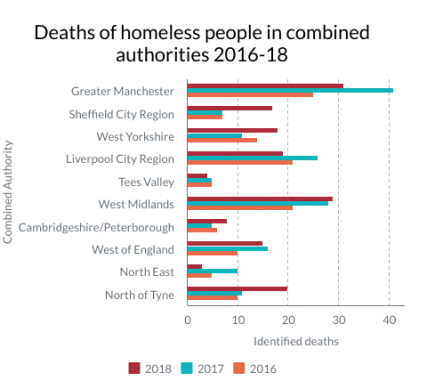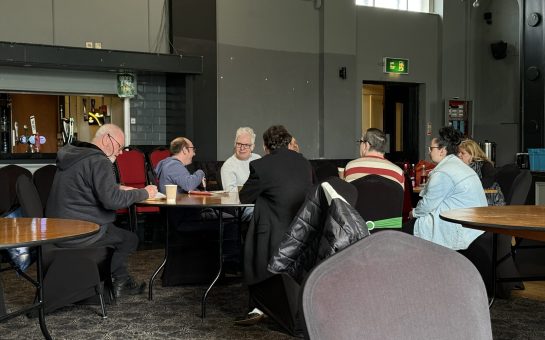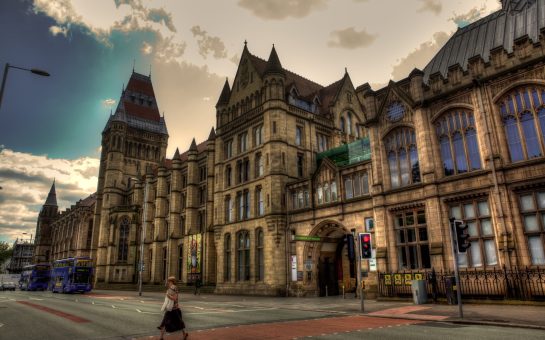More homeless people died in Greater Manchester than in any other combined authority in England and Wales in 2018, according to the Office of National Statistics (ONS).
There were an estimated 726 deaths of homeless people in England and Wales in 2018, the biggest increase since records began, while 2019 figures due this spring are expected to be higher again.
London (consisting of 33 authorities) saw the greatest number of deaths with 110, but were closely followed by the North West with a total of 77.
These were identified deaths but the ONS estimates that the real numbers are actually about a third higher.
Nearly half of them were caused by drug poisoning, with heroin, alcohol and cocaine the greatest contributors.

Most of the deaths were men, accounting for nine in every ten victims, with 30-50 the predominant age group.
Paul Dennett, City Mayor of Salford and GMCA Lead on Housing, Planning and Homelessness, said: “The statistics confirm what we have been reporting to government for some time. Austerity, the emergence of the gig economy, welfare reform and a chronic under-supply of truly affordable housing and supported accommodation have created vast swathes of destitution in the country’s most deprived areas, cities and beyond.
“It is shameful that in today’s world there are still people living and dying on our streets. This is something that simply should not be happening in 21st century Britain, the fifth richest country in the world!”
The scale of the problem has seen the GMCA prioritise their efforts to address rough sleeping throughout this winter.
Their ‘Bed Every Night’ programme has helped over 1,500 people across the region into accommodation since the start of November and last Monday during the cold snap, 494 people were helped that day – a record high.
“We will continue to do everything possible to ensure that no-one has to sleep rough on our streets,” said Dennett.
Balbir Chatrik, Director of Policy & Communication of Centrepoint, a charity helping homeless youths added: “As local council budgets have reduced dramatically, there is less and less support available for those threatened with or are experiencing homelessness.
“If you’re aged 18 or above, even if you are sleeping rough, there are far fewer guarantees that your local council will be able to provide meaningful support, including putting a roof over your head. And we know that homelessness, particularly street homelessness, can have hugely adverse effects on people’s physical and mental health.
“The fact is, we know how to reduce homelessness. We need more social housing, ensure housing benefit covers the cost of renting privately, and proper funding for mental health services. What we need now is the political will and financial resources to put these solutions into practice.”



